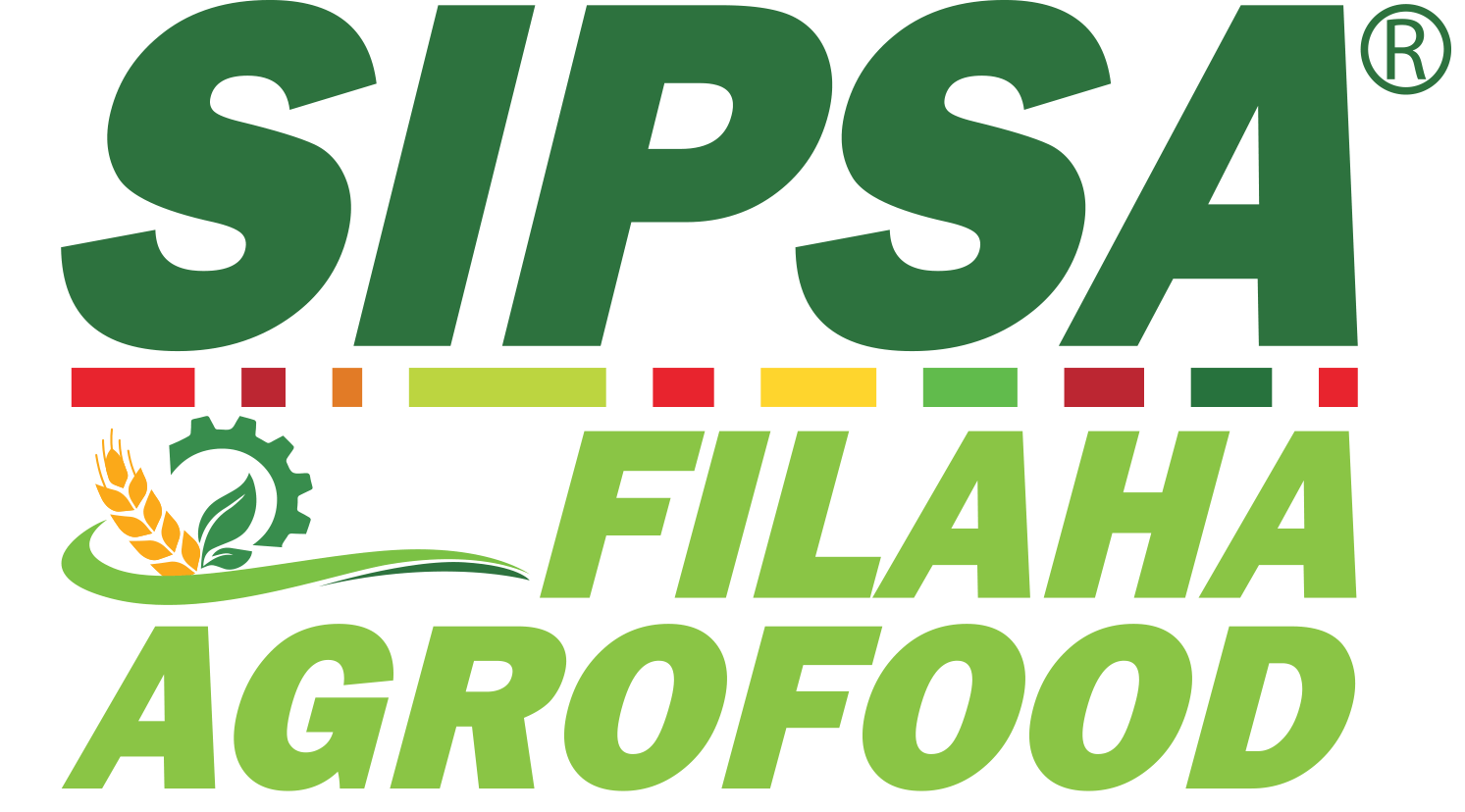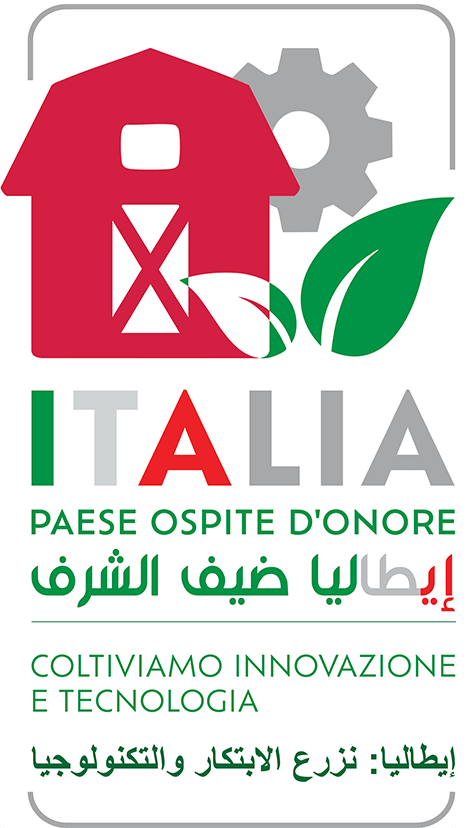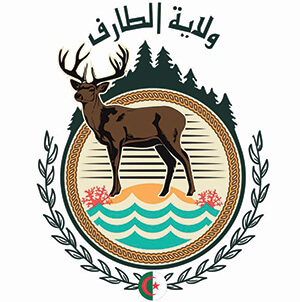Rethinking the agricultural training system and promoting agroecology for a progressive agriculture in Algeria!
Having a relevant and efficient agricultural training system is a crucial issue for Algeria. It is an effective control lever to help control the socio-professional integration of young people, the renewal of farmers, the productivity of the soil and agricultural work to sustainably increase the local supply and access to international markets through the development of standards. Strategic thinking around training is one of the concerns of the Filaha Innovates Foundation (GRFI), it is also one of the pillars of the FILAHA INNOV’ incubator newly labeled by the Ministry of Knowledge Economy and Start-ups. For this 5th webinar, GRFI FILAHA INNOV’ will try to bring elements of answers to the question: How to rethink the agricultural training system (all levels of study included: primary, secondary, university and professional), in order to train professionals able to meet the challenges of our time.
This webinar will discuss the relevance of the technical model behind intensive, productivist agriculture, which is deployed in increasingly large farms, more and more mechanized, and which consumes large quantities of chemical inputs, pesticides and hybrid seeds (or GMOs). The consequences of this industrial model are well known: desertification of the countryside, soil and groundwater pollution, development of health crises (zoonoses…) and food system crises favorable to pathologies such as obesity, diabetes, cardiovascular diseases or high blood pressure. This model is today the object of a social contestation that tends to become more radical within these societies (environmental associations, ecological and peasant movements).
Algeria, which was largely inspired by this technical paradigm in the development of its agricultural policies, has never freed itself from these dominant technical models that have become the reference in the training and agricultural research system. The challenges facing Algerian agriculture, that of food security/sovereignty, climate change, degradation of natural resources (soil, water, biodiversity, deforestation …), the food model and the sanitary quality of products, employment and income require a revision of this model. The technical revolutions underway (application of ICT to agriculture, ecology and agro-ecology) are desirable alternatives for resolving these crises and promoting agricultural development.
The agronomic training system must now be questioned with regard to its capacity to train professionals capable of meeting the challenges of our time.
Webinar goals
- To address the key issue of agricultural training, its content and learning methods.
- To link the issue of training to that of the new technical paradigm emerging in the field of agronomic sciences: that of agro-ecology.
- To propose concrete solutions that will ensure the long-term generalization of agro-ecology.
- To contribute to defining possible reforms of the agricultural training system.
- To contribute to define the pedagogical methods that can be recommended in Algeria for a practical and efficient teaching.



